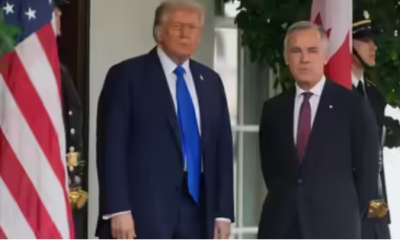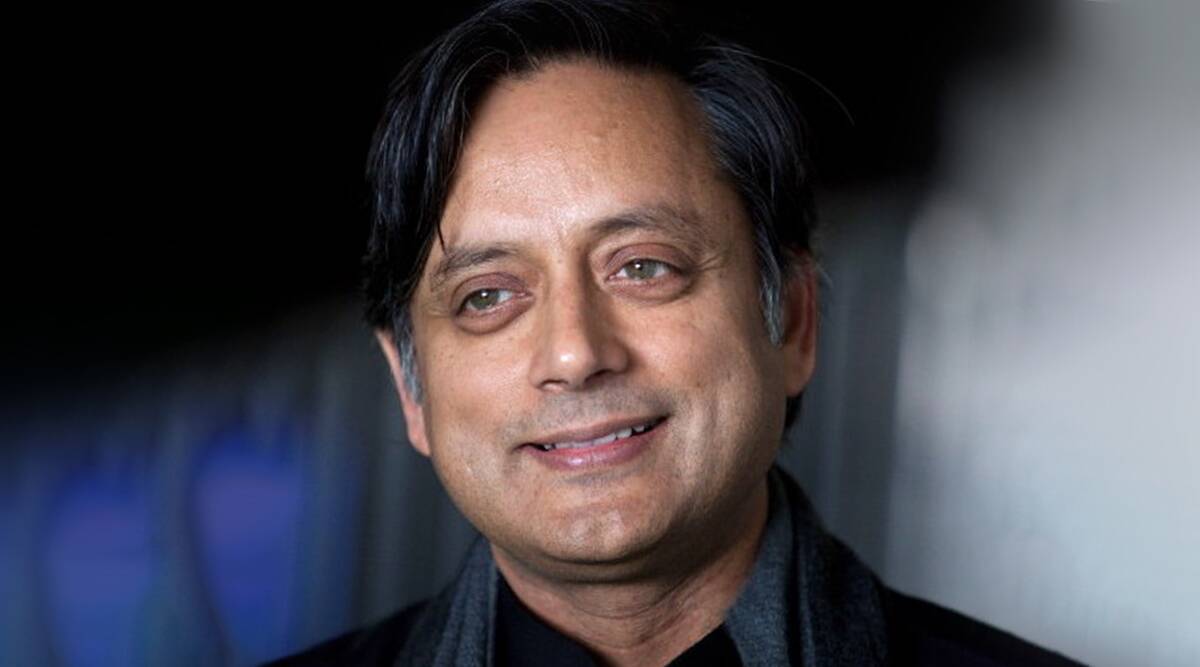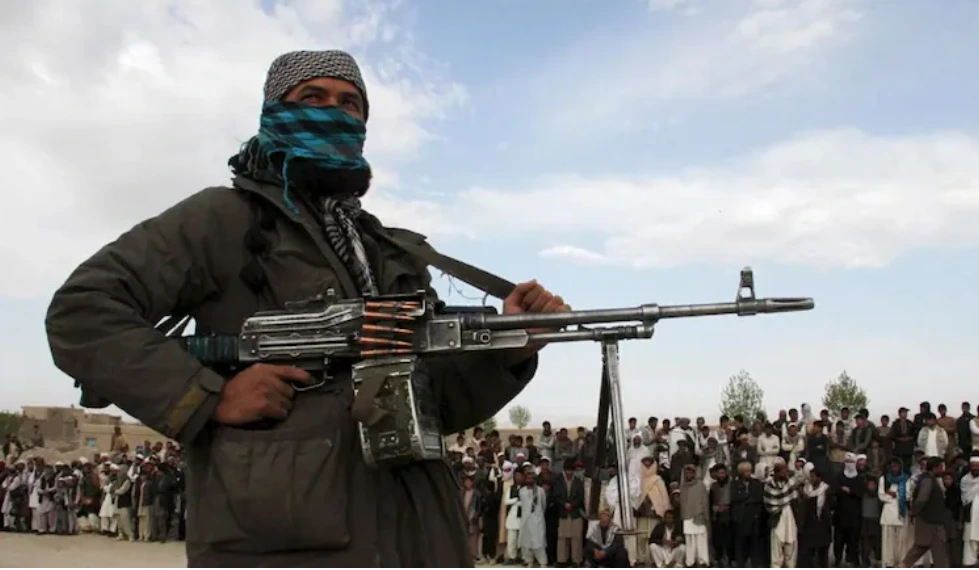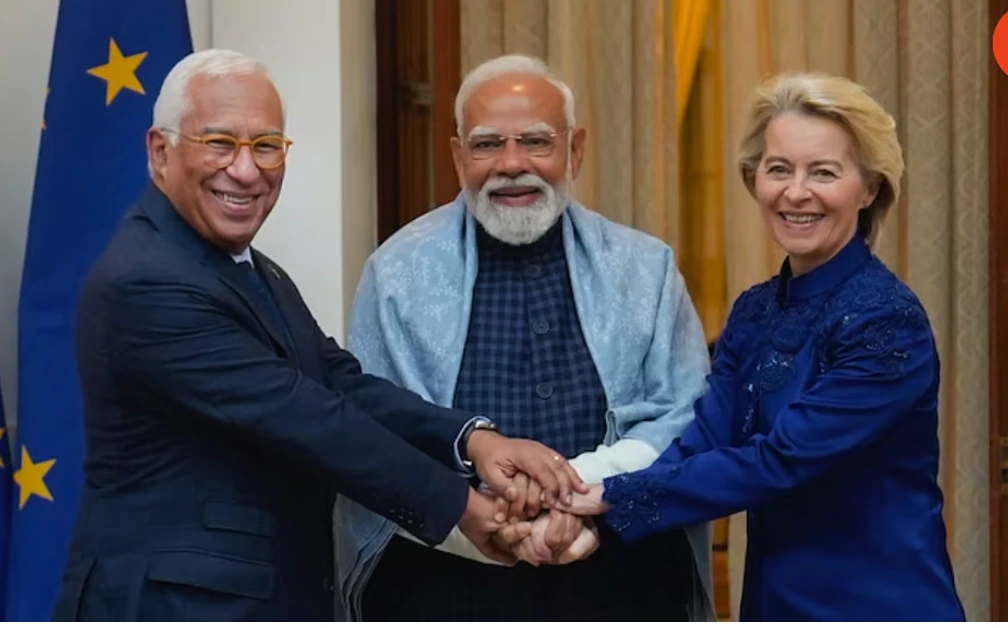India has reiterated its refusal to recognise or participate in proceedings initiated by a Court of Arbitration in The Hague under the Indus Waters Treaty framework, asserting that the treaty itself remains in abeyance following the Pahalgam terror attack last year.
Despite the arbitration court moving ahead with fresh hearings and procedural orders, New Delhi has made it clear that it does not consider the panel legally constituted and will not respond to its communications.
India dismisses court orders as illegitimate
The latest development centres on an order issued by the Court of Arbitration directing India to submit operational pondage logbooks of the Baglihar and Kishanganga hydroelectric projects. The documents were sought as part of what the court described as the “second phase on the merits” of the dispute.
Hearings have been scheduled for February 2 and 3 at the Peace Palace in The Hague. The court has noted that India has neither filed counter submissions nor indicated its participation in the process.
However, government sources said the arbitration panel was “so-called and illegally constituted” and accused it of conducting parallel proceedings alongside the neutral expert mechanism prescribed under the treaty. According to the sources, India does not acknowledge the court’s authority and therefore does not engage with its directions.
They further stated that since the Indus Waters Treaty has been placed in abeyance, India is under no obligation to respond to such requests, describing the move as an attempt by Pakistan to draw New Delhi back into the process.
Treaty placed in abeyance after Pahalgam attack
India’s decision to suspend the treaty dates back to April 23, 2025, a day after a terror attack in Pahalgam claimed the lives of 26 civilians. The government formally placed the six-decade-old water-sharing agreement in abeyance, linking cooperation under the treaty to Pakistan’s continued support for cross-border terrorism.
The move marked a significant shift in policy, signalling that bilateral arrangements could not operate independently of security considerations.
Pakistan escalates international outreach
Since the decision, Pakistan has stepped up diplomatic and legal efforts, approaching international forums, sending delegations abroad and initiating multiple legal actions to challenge India’s stance.
The Indus river system remains critical for Pakistan’s economy, with a large share of its agriculture dependent on its waters. Limited storage capacity and stressed reservoirs have further heightened Islamabad’s concerns, turning what was once a technical dispute into a strategic issue.
Neutral expert versus arbitration court
Under the treaty’s dispute resolution mechanism, technical disagreements are to be examined by a neutral expert, while legal disputes may be referred to a Court of Arbitration. India has consistently maintained that the current issues fall within the technical domain and has accused Pakistan of forum shopping by activating arbitration proceedings.
The arbitration court has, however, proceeded with the case, stating that India’s position on suspending the treaty does not affect its competence. It has also warned that adverse inferences could be drawn if India fails to comply with its directions.
New Delhi rejects this interpretation and continues to recognise only the neutral expert process, viewing attempts to link the two mechanisms as illegitimate.
Strategic standoff continues
Officials believe the ongoing proceedings in The Hague, conducted without India’s participation, are unlikely to result in binding outcomes. Instead, they see the situation as part of a broader strategic contest, with India choosing disengagement and Pakistan seeking internationalisation of the dispute.
India has consistently maintained that treaties cannot function in isolation from ground realities and that cooperation will remain suspended until what it describes as persistent hostility is addressed.

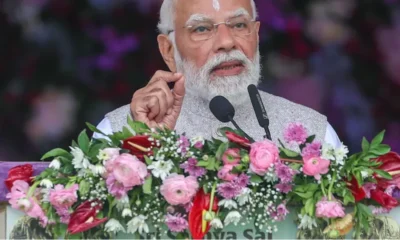
 India News13 hours ago
India News13 hours ago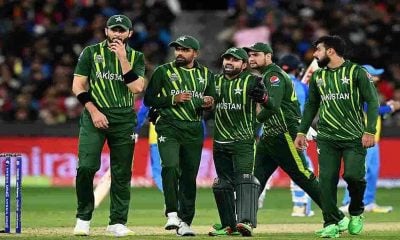
 Cricket news13 hours ago
Cricket news13 hours ago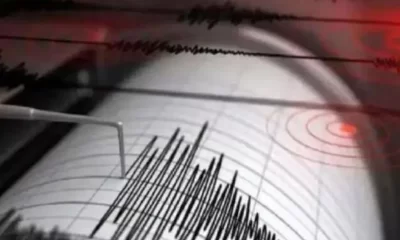
 India News13 hours ago
India News13 hours ago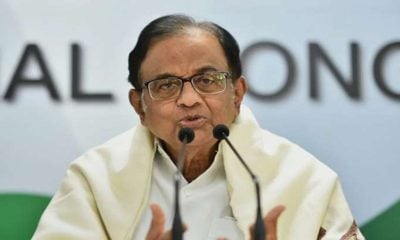
 India News13 hours ago
India News13 hours ago
 India News13 hours ago
India News13 hours ago
 India News5 hours ago
India News5 hours ago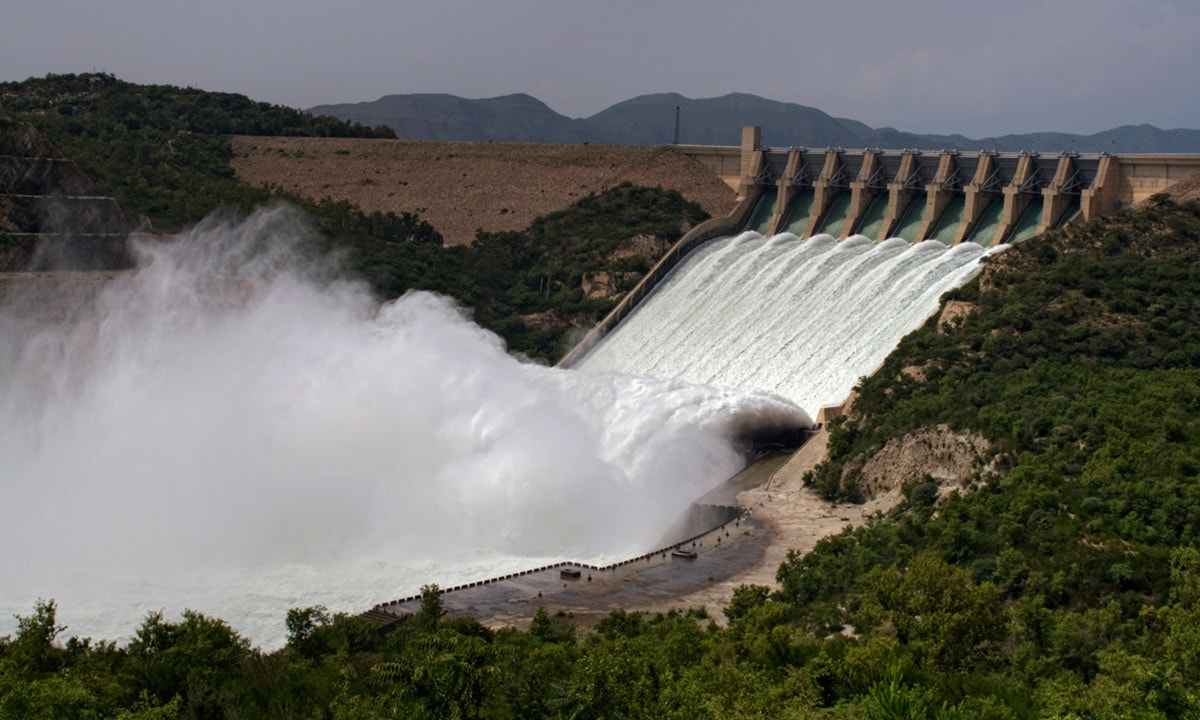
 Latest world news4 hours ago
Latest world news4 hours ago
